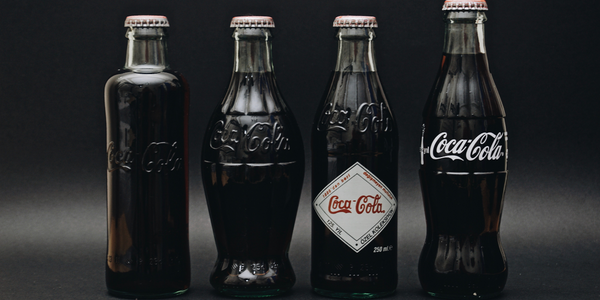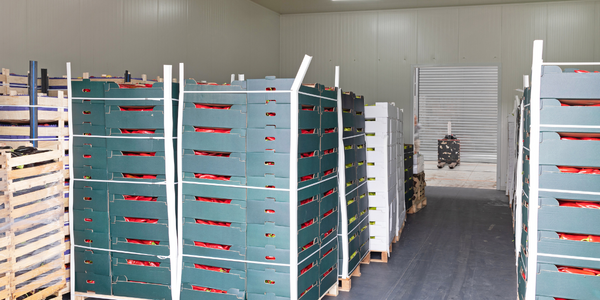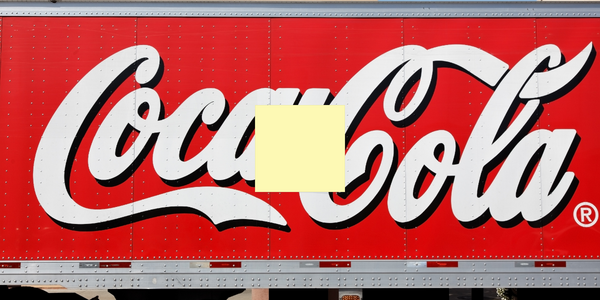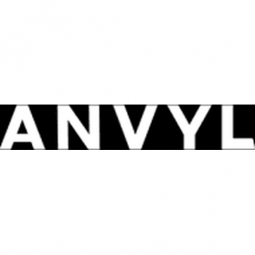下载PDF
Magic Spoon Simplifies Production Management Workflow with Anvyl

技术
- 分析与建模 - 机器学习
适用行业
- 食品与饮料
适用功能
- 商业运营
用例
- 先进规划与排程
服务
- 系统集成
挑战
- 简化他们的供应链工作流程
- 加强与供应商的沟通
- 有更多时间修复数据差异
- 预计延误时提前通知
客户
魔术勺
关于客户
Magic Spoon为成年人生产的麦片仍然让他们想起他们童年时最喜欢的口味。他们的配方蛋白质含量高,碳水化合物含量低,而且美味可口。该团队与美国的供应商一起生产所有谷物,并通过电子商务网站和零售商直接向消费者销售其产品。
在使用 Google 电子表格进行生产、使用 DEAR Systems 进行库存和需求计划以及使用各种货运代理来管理他们的供应链一年之后,他们的所有数据都在不同的地方。他们的系统中没有供应商提供的最新信息,因此,他们陷入了使用手动工作流程修复差异的困境,没有足够的时间来计划生产延迟。
- 成立于2019年4月
- 总部设在纽约州纽约
- 食品和饮料行业
- 年收入超过 5 万美元
解决方案
Magic Spoon 选择 Anvyl 来帮助他们加强与供应商的协作和沟通,减少手动工作流程和数据差异,并获得潜在生产延迟的警报。
由于团队有更多空闲时间,他们能够利用 Anvyl IQ 的机器学习工具帮助他们预测生产延迟的可能性。
运营影响
数量效益
相关案例.

Case Study
The Kellogg Company
Kellogg keeps a close eye on its trade spend, analyzing large volumes of data and running complex simulations to predict which promotional activities will be the most effective. Kellogg needed to decrease the trade spend but its traditional relational database on premises could not keep up with the pace of demand.

Case Study
HEINEKEN Uses the Cloud to Reach 10.5 Million Consumers
For 2012 campaign, the Bond promotion, it planned to launch the campaign at the same time everywhere on the planet. That created unprecedented challenges for HEINEKEN—nowhere more so than in its technology operation. The primary digital content for the campaign was a 100-megabyte movie that had to play flawlessly for millions of viewers worldwide. After all, Bond never fails. No one was going to tolerate a technology failure that might bruise his brand.Previously, HEINEKEN had supported digital media at its outsourced datacenter. But that datacenter lacked the computing resources HEINEKEN needed, and building them—especially to support peak traffic that would total millions of simultaneous hits—would have been both time-consuming and expensive. Nor would it have provided the geographic reach that HEINEKEN needed to minimize latency worldwide.

Case Study
Energy Management System at Sugar Industry
The company wanted to use the information from the system to claim under the renewable energy certificate scheme. The benefit to the company under the renewable energy certificates is Rs 75 million a year. To enable the above, an end-to-end solution for load monitoring, consumption monitoring, online data monitoring, automatic meter data acquisition which can be exported to SAP and other applications is required.

Case Study
Coca Cola Swaziland Conco Case Study
Coco Cola Swaziland, South Africa would like to find a solution that would enable the following results: - Reduce energy consumption by 20% in one year. - Formulate a series of strategic initiatives that would enlist the commitment of corporate management and create employee awareness while helping meet departmental targets and investing in tools that assist with energy management. - Formulate a series of tactical initiatives that would optimize energy usage on the shop floor. These would include charging forklifts and running cold rooms only during off-peak periods, running the dust extractors only during working hours and basing lights and air-conditioning on someone’s presence. - Increase visibility into the factory and other processes. - Enable limited, non-intrusive control functions for certain processes.

Case Study
Temperature Monitoring for Restaurant Food Storage
When it came to implementing a solution, Mr. Nesbitt had an idea of what functionality that he wanted. Although not mandated by Health Canada, Mr. Nesbitt wanted to ensure quality control issues met the highest possible standards as part of his commitment to top-of-class food services. This wish list included an easy-to use temperature-monitoring system that could provide a visible display of the temperatures of all of his refrigerators and freezers, including historical information so that he could review the performance of his equipment. It also had to provide alert notification (but email alerts and SMS text message alerts) to alert key staff in the event that a cooling system was exceeding pre-set warning limits.

Case Study
Coca-Cola Refreshments, U.S.
Coca-Cola Refreshments owns and manages Coca-Cola branded refrigerators in retail establishments. Legacy systems were used to locate equipment information by logging onto multiple servers which took up to 8 hours to update information on 30-40 units. The company had no overall visibility into equipment status or maintenance history.





